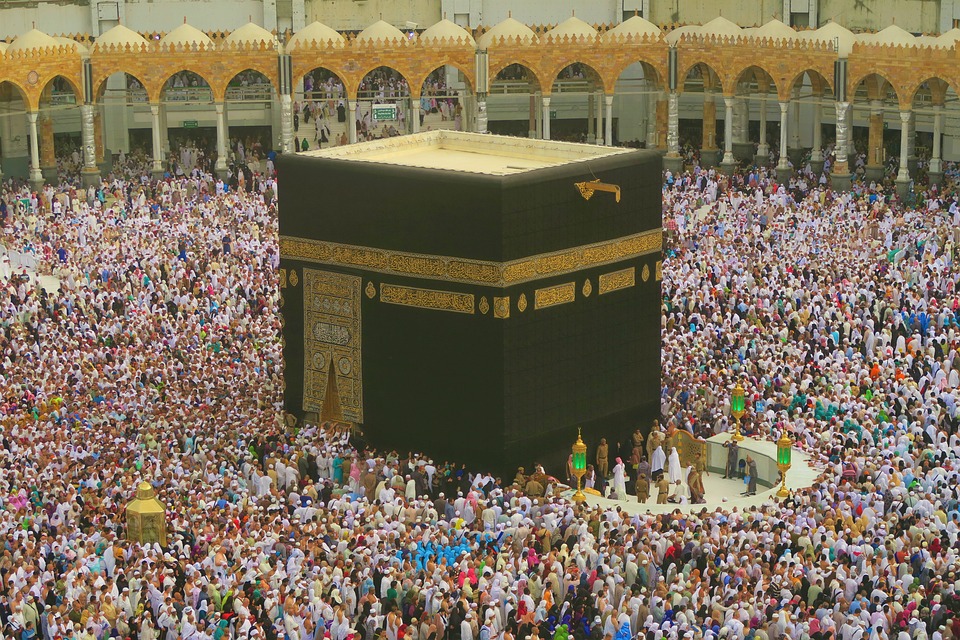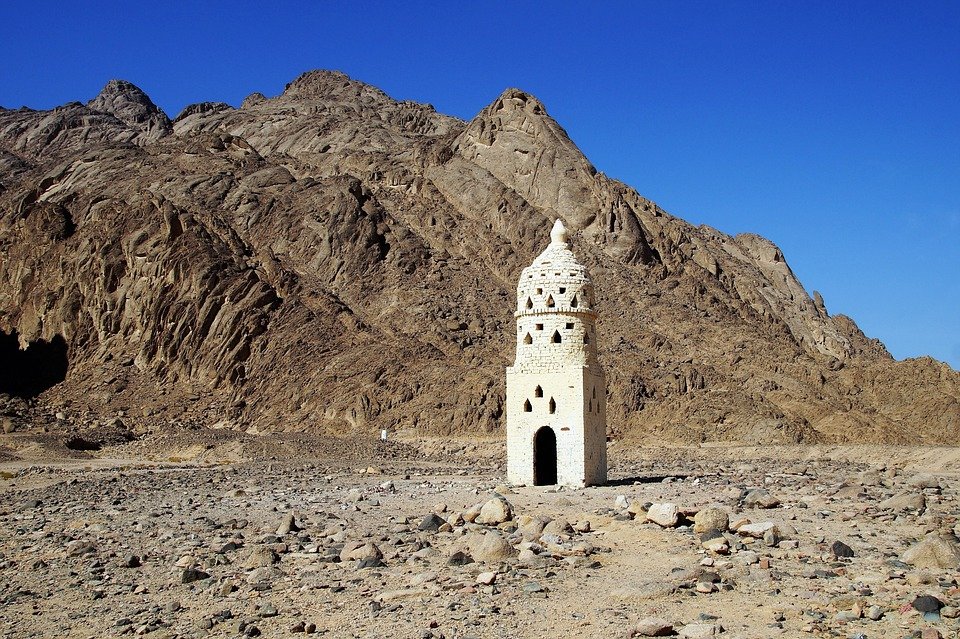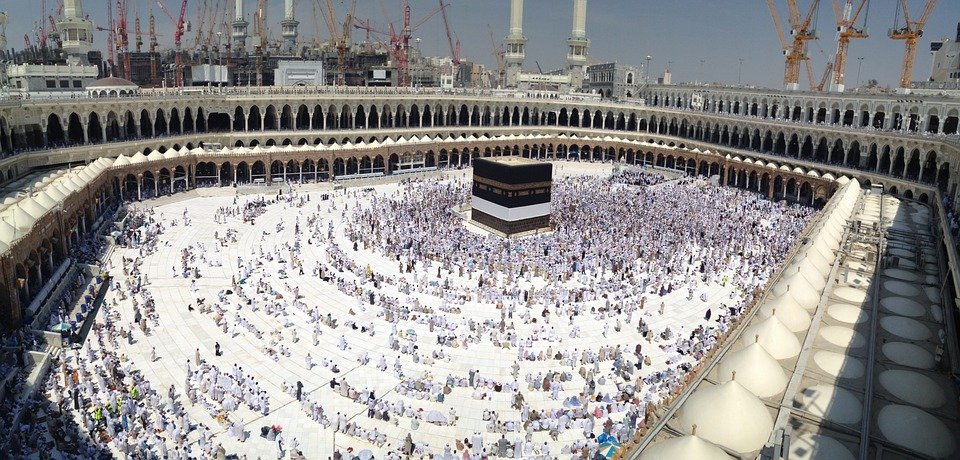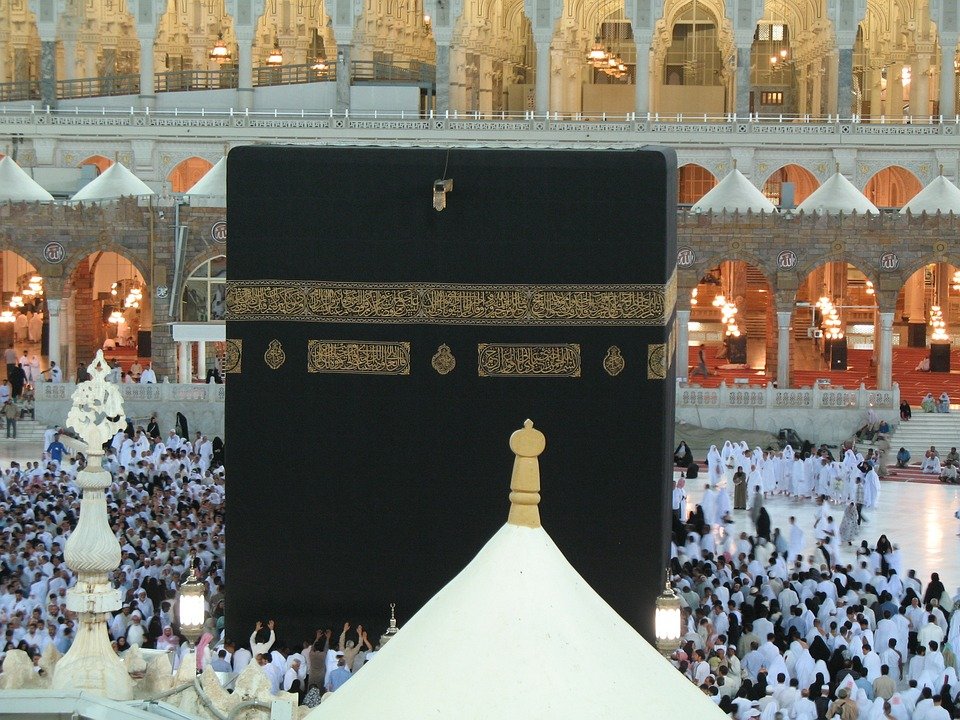If you cannot complete Hajj, the implications can be significant for an individual’s spiritual journey. In this article, I will explore what happens if you cannot complete Hajj, providing you with a clear and informative guide. Understanding the spiritual aspects and practical considerations surrounding this topic can help clarify any uncertainties you might have. I believe you will find valuable insights here that resonate with your personal experiences and beliefs.
In my opinion, grasping the importance and significance of what happens if you cannot complete Hajj is crucial for every Muslim. I feel that many people strive to fulfill this pillar of Islam but face unexpected circumstances that may prevent them from finishing it. As an experienced source in the field of Umrah and travel to Makkah and Madinah since 2016, we at Airlinkhajjandumrah.com possess the expertise to provide you with “What Happens If You Cannot Complete Hajj: Key Insights.” I hope this article serves as a helpful resource, guiding you through the essential information you need to know.
Understanding Hajj
Hajj is one of the five pillars of Islam, and every Muslim dreams of performing it at least once in their lifetime. Each year, millions of believers flock to the holy cities of Makkah and Madinah to fulfill this important spiritual obligation. The pilgrimage takes place during the Islamic month of Dhu al-Hijjah, and it involves several rituals that hold great significance. Participants pray, reflect, and connect with their faith during this time.
Many people prepare for years to perform Hajj, saving money and planning their trips with care. They want their experience to be meaningful, as it is a time of reflection, forgiveness, and spiritual growth. However, sometimes unexpected events can prevent someone from completing Hajj.
Why Some Cannot Complete Hajj
There are various reasons why someone might not finish their Hajj pilgrimage. Health issues are often a major factor. The physical demands of Hajj can be quite challenging, especially for elderly individuals or those with chronic health conditions. The intense heat and large crowds can make it difficult to keep up with the rituals, leading to exhaustion or medical emergencies.
Other challenges may include travel restrictions or sudden emergencies back home. In some instances, individuals may face legal or logistical problems that make it impossible to continue. Each of these situations can cause feelings of disappointment and sadness, as the pilgrimage is a deeply personal experience.
What Happens If You Cannot Complete Hajj?
If you find yourself unable to complete Hajj, it’s important to remember that not everyone’s experience is the same. Instead of feeling disheartened, understand that your intentions matter greatly in Islam. Those who have the desire to perform Hajj but cannot finish it due to valid reasons are still rewarded for their effort. It’s the spirit of your intention that counts.
You may also have the option to delegate your pilgrimage. In some cases, individuals can appoint someone else to perform Hajj on their behalf. This act is known as “Hajj on behalf of another.” It allows loved ones to fulfill the pilgrimage in your honor while you focus on your own health or challenges.
The Role of Intention
In Islam, intention holds immense importance. If you set out to perform Hajj but cannot finish due to circumstances outside your control, your intention remains valid. The Prophet Muhammad (peace be upon him) stressed that actions are judged by intentions, so even if you don’t complete the rituals, the effort you made counts as a spiritual deed.
This emphasis on intention applies not only to Hajj but also to daily acts. When we approach our religious duties with sincerity, they become meaningful, regardless of the outcome. It is comforting to know that the desire to engage in such a holy experience still resonates with the divine even if we cannot finish.
Seeking Forgiveness
Anyone who cannot complete Hajj might feel disheartened, but seeking forgiveness from Allah can bring peace. Islam encourages believers to turn to their Creator in moments of distress. Instead of dwelling on what might have been, focus on your feelings and request guidance in fulfilling your spiritual needs.
Spending time in prayer and reflection can help manage disappointment. You may also engage in other acts of worship, such as doing good deeds or giving to charity. These actions can bring comfort and a sense of fulfillment, even if the pilgrimage remains uncompleted.
Alternative Spiritual Paths
If circumstances prevent you from finishing Hajj, consider exploring alternative spiritual paths available to you. Umrah is a lesser pilgrimage that can be undertaken at any time of the year. Its rituals are less demanding, making it a viable option for those unable to complete Hajj.
Participating in community activities, volunteering, or engaging in educational courses about your faith can also enrich your spiritual life. These experiences can provide connections to your religion that are just as meaningful as the pilgrimage, helping you maintain a strong relationship with your beliefs.
Support from Your Community
One often overlooked aspect of missing Hajj is the emotional support from community. Friends and family can help you process feelings of disappointment. Talking about your experiences and listening to others who may have faced similar challenges can be comforting.
Community support can also manifest in various ways, such as attending local prayer events or joining study groups focused on spiritual growth. Surrounding yourself with a supportive network can enhance your understanding and keep your connection with faith strong.
Embracing Your Faith
In conclusion, if you find yourself unable to complete Hajj, remember that your faith transcends the pilgrimage itself. Your intentions, actions, and community connections matter most. Finding peace in your situation can still lead to a fulfilling spiritual journey. Embrace alternative paths, seek forgiveness, and lean on your community. The essence of your faith remains vibrant, regardless of the challenges faced.
Mushu, an experienced Saudi Arabia traveler and writer, shares insightful tips and spiritual reflections to enhance Hajj and Umrah journeys for fellow pilgrims. He has been to Makkah and Madina from 2016 to 2023 many times and his posts will reflect this.







